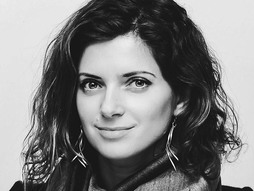The TED Talk, “How language shapes the way we think,” by Lera Boroditsky, has changed my perspective on languages. I used to believe that speaking in your mother tongue was all there was to a language. However, Boroditsky did point out that language affects how we think. The notion that there are 7,000 languages spoken in the world astonished me. Unexpectedly, every language has a unique structure from other languages. The Kuuk Thaayorre people, who use cardinal directions rather than left and right, were Boroditsky’s shocking example. In addition, they begin their greetings with the direction they are headed to rather than “hello.” Languages can differ in how to form events and categorize anything that can be described as a noun. People with different languages would have different ways of counting, categorizing colors, and gender in grammar. According to Boroditsky, languages can be thought of as living objects that can be altered to fit our requirements. I had the impression that languages couldn’t be tampered with. The knowledge we have about the human brain is based on research done by American English-speaking university undergraduates. Therefore, our understanding of the human brain is limited and biased.
The final three questions– “why do I think the way I do? How can I think differently? And what thoughts do I wish to create”—it made me consider how important it is to respect all the different languages, cultures, mental abilities, and ways of thinking.
The TED Talk was full of fascinating material I had never heard before. My question is: Which strategy do you think we should implement in dealing with different people, such as the Kuuk Thaayorre?


Provide Feedback